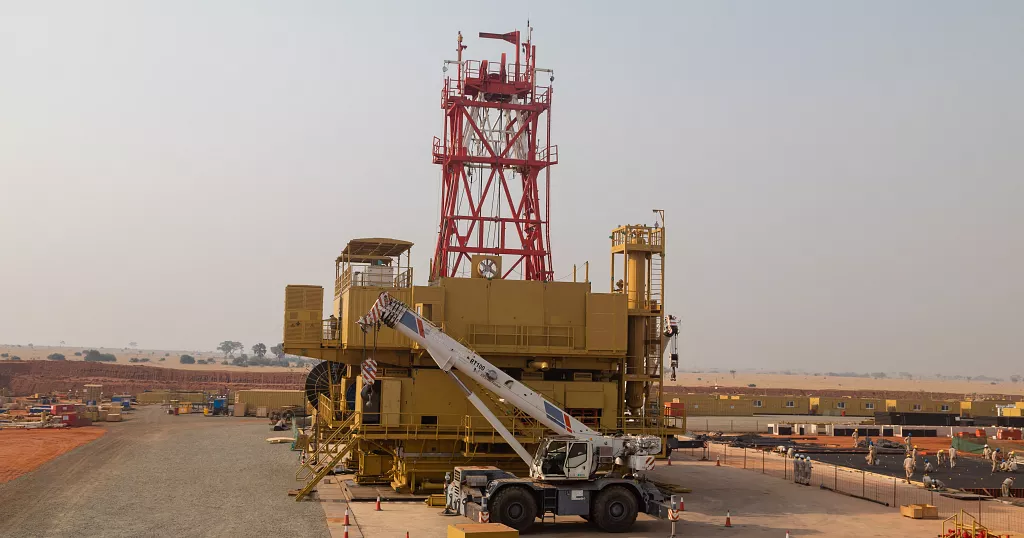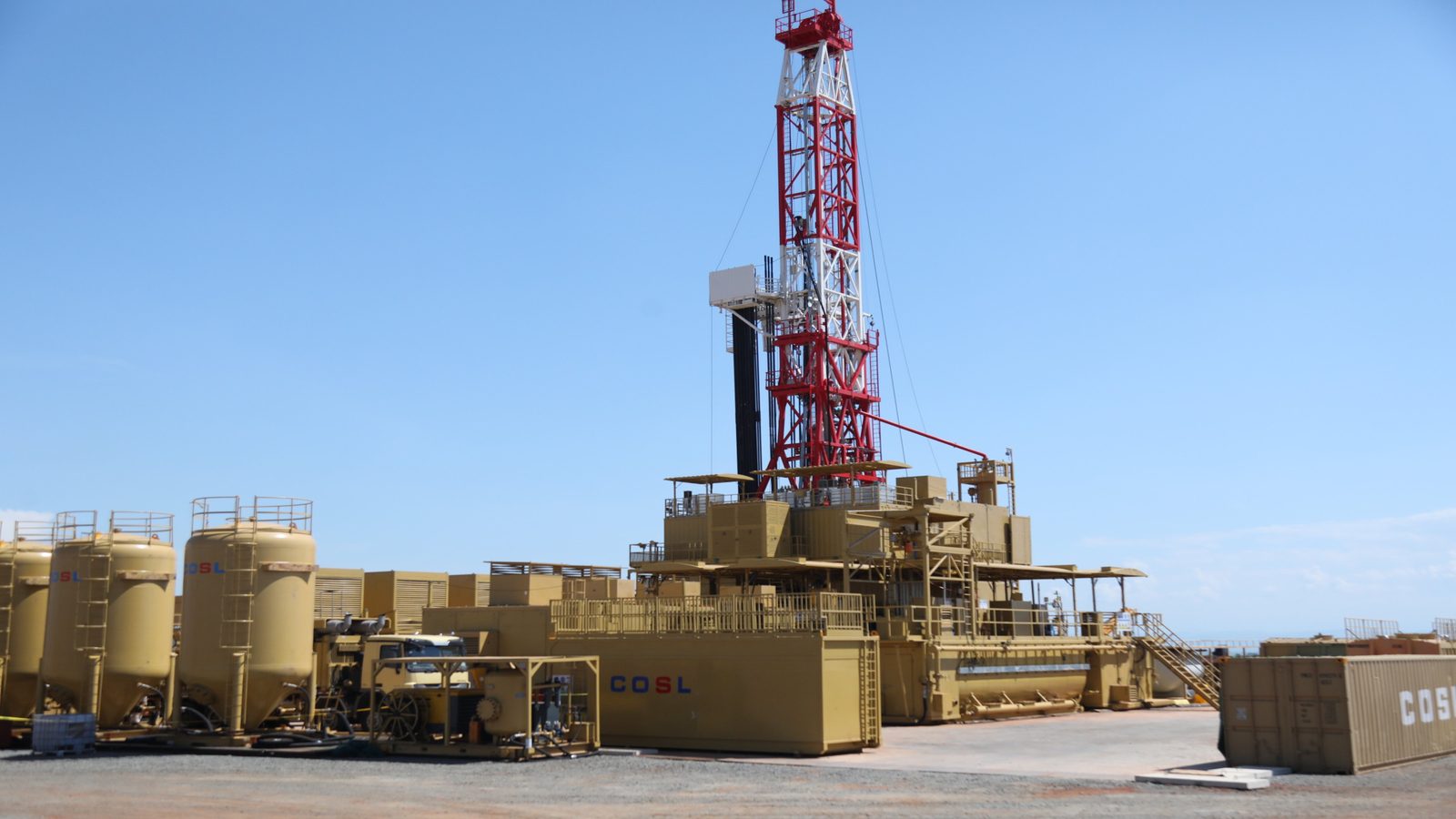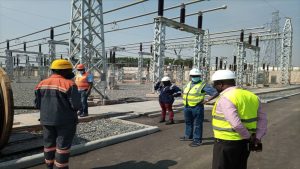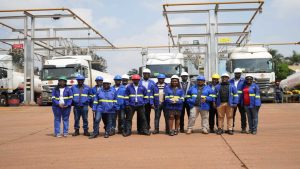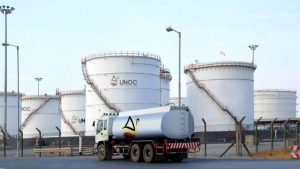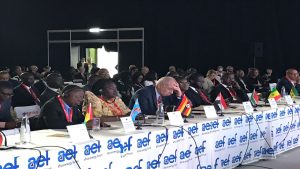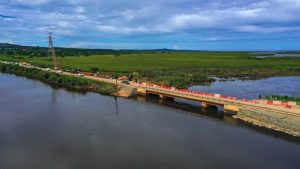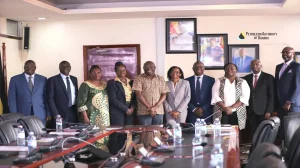Share
By the middle of 2025, Uganda hopes to start producing gas and oil. While some of the oil will be refined locally for domestic and regional use, the remainder will likely be shipped via the East African Crude Oil Pipeline.
The government has requested funding for Uganda’s $4 billion (or around 14.6 trillion shillings) oil refinery from reputable financial organizations and well-connected people.
On July 3, 2023, the spokesperson for the energy ministry, Solomon Muyita, stated that the government is now accepting offers from public sector capital sources to take part in this strategically important project on a national and regional level.
Over the years, the Hoima project in western Uganda has seen success thanks to the efforts of the government and the Albertine Graben Consortium.
Muyita lists the Frontend Engineering Design, refinery configuration (Frontend Loading 2), project environmental and social impact assessment research, logistics study, and commercial and marketing study as the project’s significant accomplishments to date.
The Uganda refinery project entails the construction of a 60,000 barrels per day (bpd) refinery in Kabaale, Hoima district, a 211 km multi-product pipeline from Kabaale to a distribution hub in Namwambula, Mpigi district, a refined product storage terminal in Namwabula, and a pipeline carrying raw water from Lake Albert to the Kabaale refinery.
The refinery project will be driven by the private sector, with the Uganda National Oil Company (UNOC), through its subsidiary Uganda Refinery Holding Company, holding the government’s portion. Total Energies Exploration and Production Uganda (TEPU) and partner nations in the East African Community Kenya and Rwanda have expressed interest in holding shares. The debt-to-equity ratio needed to fund the project is predicted to be around 70:30. The project’s debt will need to be raised, and the lead investor is in charge of doing so.
On April 10, 2018, the government and the Albertine Graben Refinery Consortium (AGRC) signed a Project Framework Agreement (PFA) for the construction of the greenfield refinery. AGRC changed its name to the Albertine Graben Energy Consortium (AGEC) in June 2022.
Saipem S.p.A., Baker Hughes, and YAATRA Africa are members of the AGEC consortium. The PFA is a partnership between the government, acting through the energy ministry, and AGEC and UNOC. 60% of the project is owned by the private developers.
